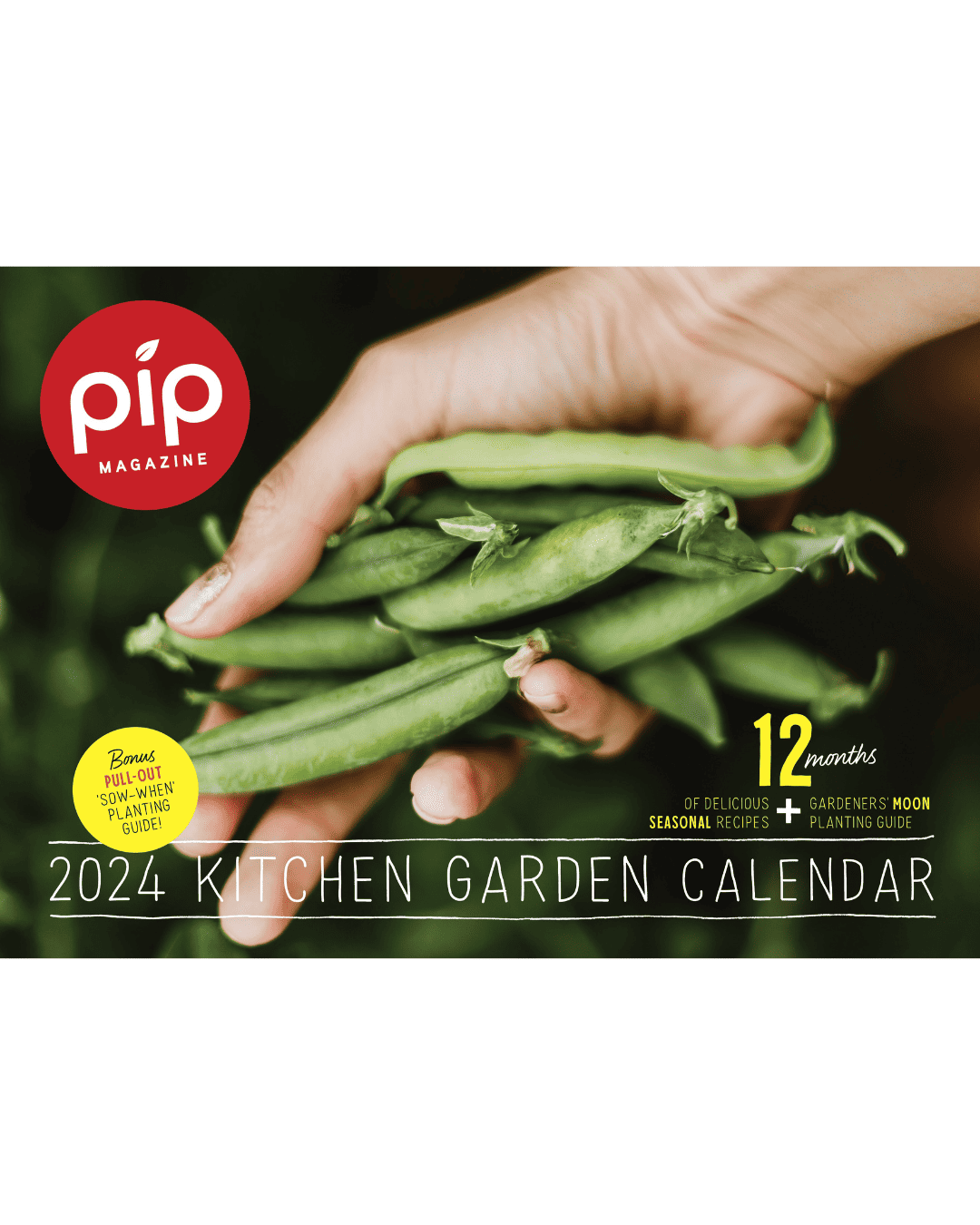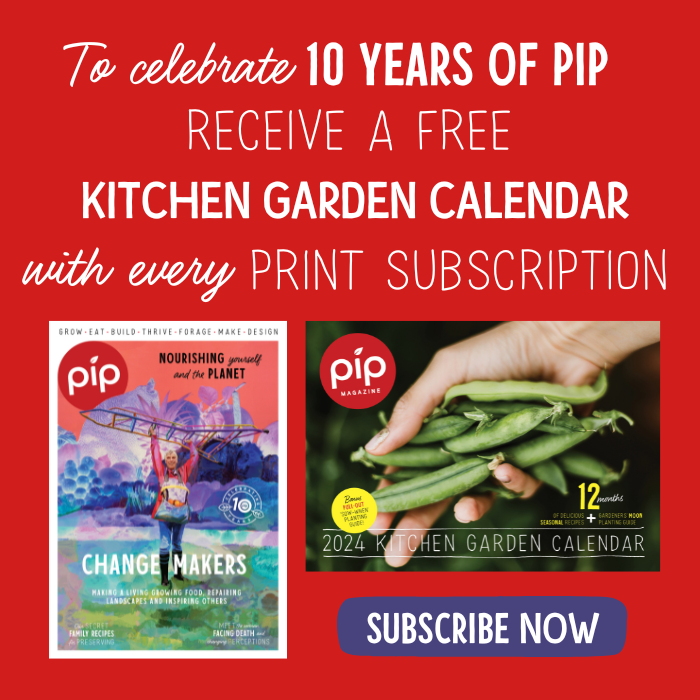Print
subscription
● Save up to $30 on the cover price
● 4 print magazines to your doorstep
● Free postage
● Go in the draw for monthly giveaways
● Go in the draw for our major giveaways
● Access to special discount from Pip partners
Print and digital Subscription
●4 print magazines to your doorstep
● Free postage
● Access every article ever published in
Pip on any device, any time
● Go in the draw for monthly giveaways
● Go in the draw for our major giveaways
● Access to special discount from Pip partners
Digital
Subscription
● 4 new issues of Pip Magazine available in your account each year
● Access every article ever published in
Pip on any device, any time
● Go in the draw for monthly giveaways
● Go in the draw for our major giveaways
● Access to special discount from Pip partners
● Access other premium content
Gift Bundles
-
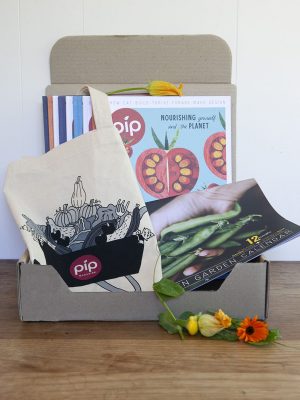 Pip Back Issue Collection, Bag and Calendar Bundle$125.00
Pip Back Issue Collection, Bag and Calendar Bundle$125.00 -
Product on sale
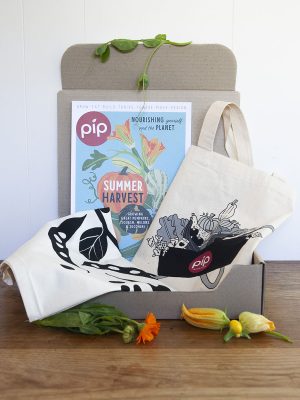 Current Issue, Tea Towel & Bag BundleOriginal price was: $50.00.$37.50Current price is: $37.50.
Current Issue, Tea Towel & Bag BundleOriginal price was: $50.00.$37.50Current price is: $37.50. -
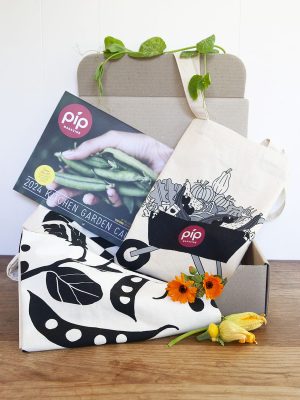 Tea Towel Collection, Calendar & Bag Bundle$89.00
Tea Towel Collection, Calendar & Bag Bundle$89.00 -
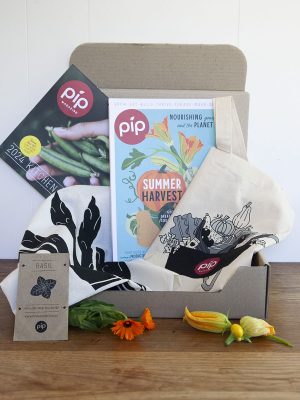 Current Issue, Calendar, Tea Towel, Bag & Seeds Bundle$64.00
Current Issue, Calendar, Tea Towel, Bag & Seeds Bundle$64.00 -
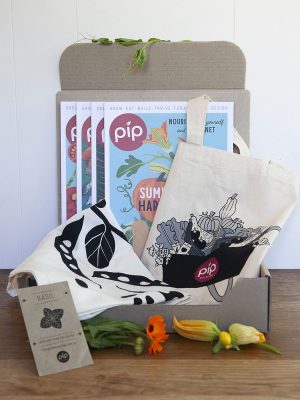 The Print Subscription, Tea Towel, Bag & Seeds BundleFrom: $94.00 for 1 year
The Print Subscription, Tea Towel, Bag & Seeds BundleFrom: $94.00 for 1 year -
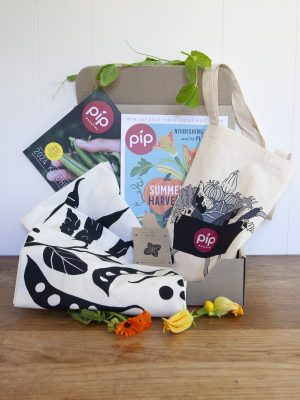 The Complete Print Subscription, Calendar, Tea Towel Collection BundleFrom: $149.00 for 1 year
The Complete Print Subscription, Calendar, Tea Towel Collection BundleFrom: $149.00 for 1 year -
Product on sale
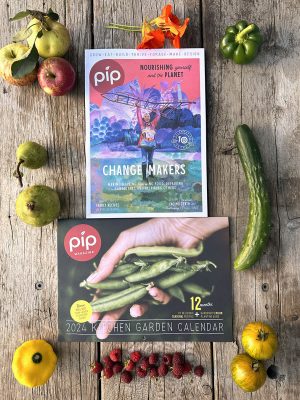 Current Issue and 2024 Pip Kitchen Garden CalendarOriginal price was: $34.00.$25.00Current price is: $25.00.
Current Issue and 2024 Pip Kitchen Garden CalendarOriginal price was: $34.00.$25.00Current price is: $25.00. -
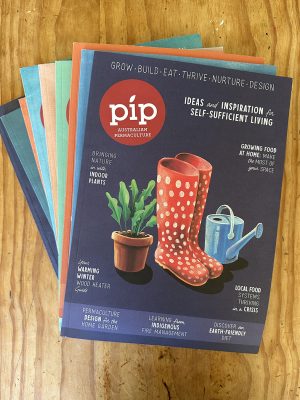 Pip Back Issue Collection$99.00
Pip Back Issue Collection$99.00 -
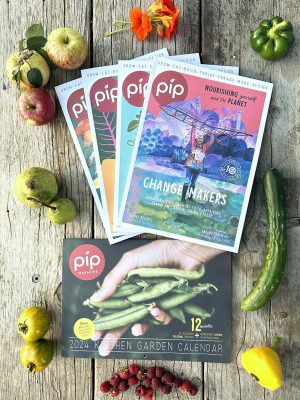 Print Subscription with 2024 Pip Kitchen Garden CalendarFrom: $77.00 for 1 year
Print Subscription with 2024 Pip Kitchen Garden CalendarFrom: $77.00 for 1 year -
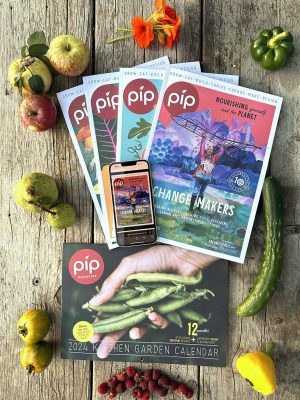 Print and Digital Subscription with 2024 Pip Kitchen Garden CalendarFrom: $87.00 for 1 year
Print and Digital Subscription with 2024 Pip Kitchen Garden CalendarFrom: $87.00 for 1 year

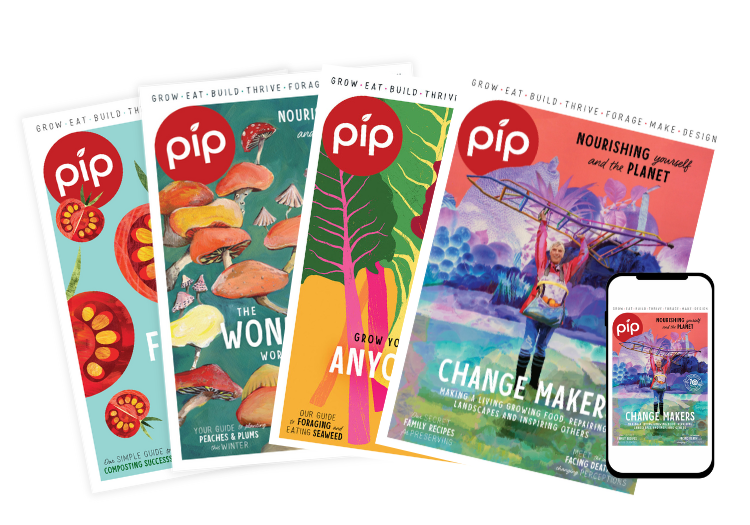
Why subscribe to Pip Magazine?
- You’ll get a new of Pip Magazine delivered to your door each season, so you have the information you need, when you need it. (Print subscription).
- FREE postage.
- Save up to $30.
- Access Pip Magazine any time, anywhere, on any device, so you can find it when you need it (Digital Subscription).
- Each issue is designed to help you nourish yourself, your community and the planet.
- Learn how to grow food, ferment, preserve, reduce waste, compost and more.
- Be inspired by stories of ordinary people doing extraordinary things.
- Get access to partner discounts on ethical products.
- Every subscriber goes in the draw to win major prizes from Pip and our partners.

Subscriptions

Back Issues
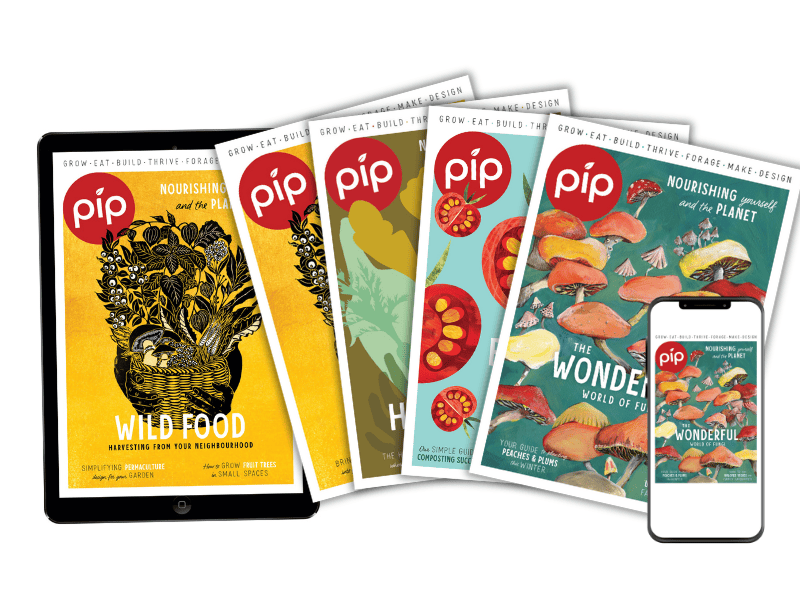
Pip Products
